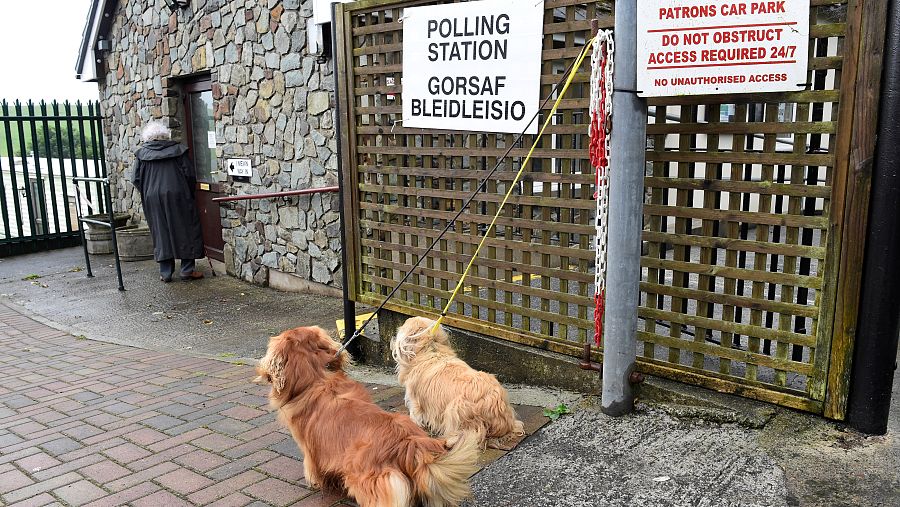Britain’s snap general election will see more than 3,000 candidates contest 650 seats in the House of Commons.
Here is our guide to following what’s going on.
Election timetable
Thursday, June 8: 22.00 BST
The first indicator of how the result will play out will come shortly after polling stations close. Major TV stations will release their exit polls. Similar polls from the past two general elections gave predictions that were close to the final figures
Friday, June 9
The first results normally come from the three Sunderland constituencies, which battle it out with one another to get their counts declared first
01.00
Nuneaton is expected to be the first swing constituency result to be declared. In recent years it has been a bellweather seat. This seat was won by the Conservatives’ Marcus Jones in 2015 with a swing of four per cent
Results from Wales are expected to come in but the principality is largely Plaid Cymru and labour-voting
03.00
Cheltenham and Bath from west England are expected to announce their results
05.30
Northern England’s Boston and Skegness is expected to declare
06.00
The majority of results are expected to be in and counted
Midday
The final result is expected to be announced. Berwick-upon-Tweed, Blyth Valley and Wansbeck usually last to declare
A good result for Labour
A good result for Jeremy Corbyn would be a surprise win. Following that, the Labour leader would be nonetheless happy with a hung parliament.
A good result for the Conservatives
Theresa May would be happy with a majority of 40. With this she would not have to rely on the euro-sceptic wing of the party. At present the ruling party has a majority of 17.
What is a swing seat?
This is sometimes called a marginal seat. It is where the sitting MP has a small majority. As such, it requires a small number of voters to see the seat change hands
What are the key seats?
West Aberdeenshire and Kincardine, Bishop Auckland, Darlington, Berwickshire, Roxburgh and Selkirk, Middlebrough South and Cleveland East, Dumfries and Galloway, Newcastle-Under-Lyme, North-East Derbyshire, Croydon Central, Ilford North, Hampstead and Kilburn
But in 2015 there are more than 50 seats that were won with a majority of less than five per cent:
Conservative
Bedford (2.38%), Bolton West (1.65%), Brighton, Kemptown (1.52%), Bury North (0.84%), Cardiff North (4.18%), Corby (4.29%), Croydon Central (0.31%), Derby North (0.09%), Dumfriesshire, Clydesdale and Tweeddale (1.53%)
Eastbourne (1.39%), Gower (0.06%), Kingston and Surbiton (4.78%), Lewes (2.14%), Lincoln (3.08%), Morley and Outwood (0.87%), Peterborough (4.09%), Plymouth, Moor View (2.41%), Plymouth, Sutton and Devonport (1.09%), Telford (1.8%), Thornbury and Yate (3.08%), Thurrock (1.08%)Twickenham (3.25%)Vale of Clwyd (0.67%)Warrington South (4.63%)Waveney (4.61%)Weaver Vale 1.72%)
Labour
Bridgend (4.88%), Dewsbury (2.71%), Enfield North (2.35%), Harrow West (4.74%), Hove (2.37%), Lancaster and Fleetwood (3.03%), Middlesbrough South and East Cleveland (4.97%), North East Derbyshire (3.93%)
Liberal Democrat
Carshalton and Wallington (3.17%), Orkney and Shetland (3.59%), Richmond Park, in by-election (4.53%), Sheffield Hallam (4.24%), Southport (3%)
SNP
Berwickshire, Roxborough and Selkirk (0.6%), East Dunbartonshire (3.95%)












